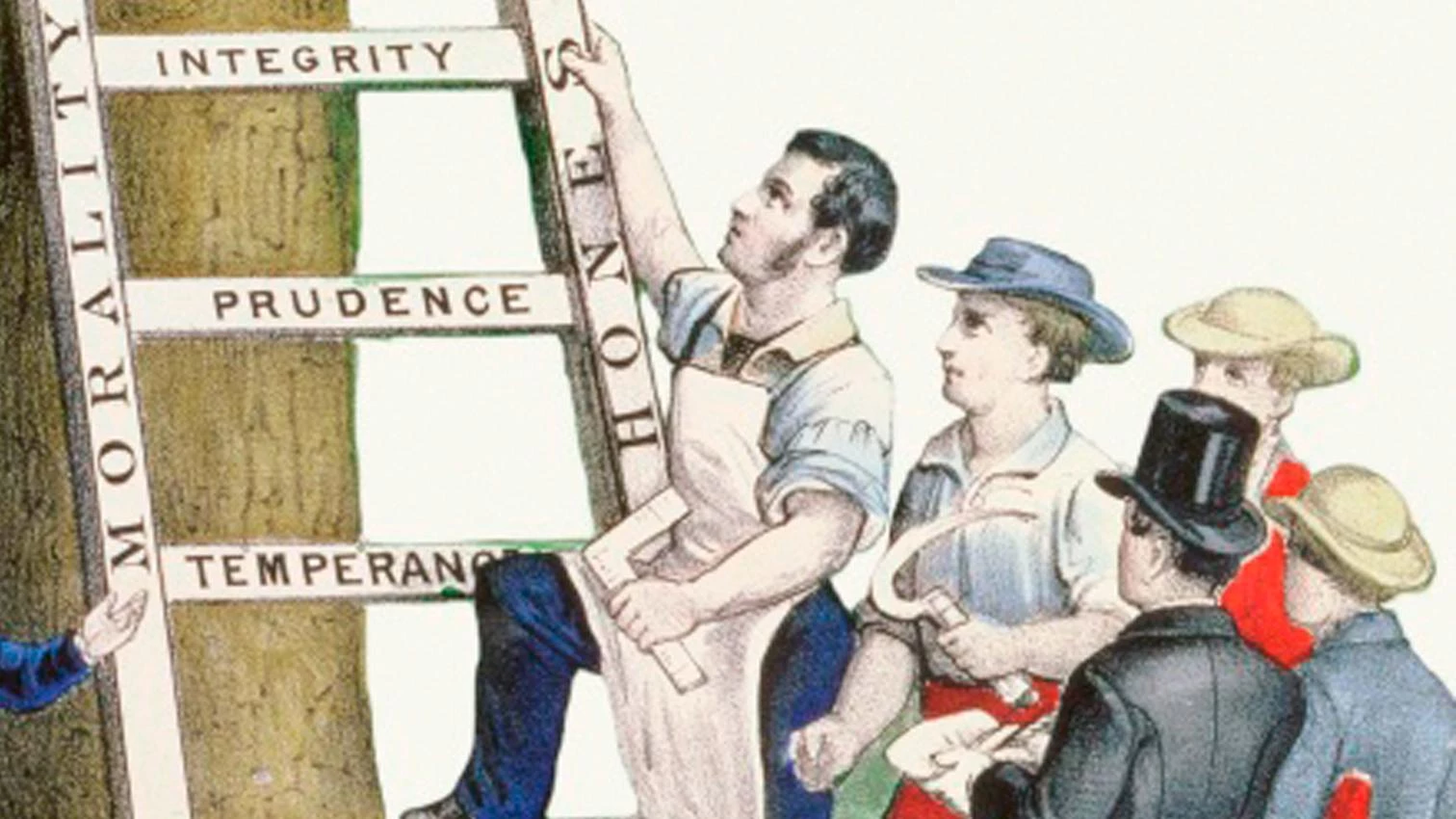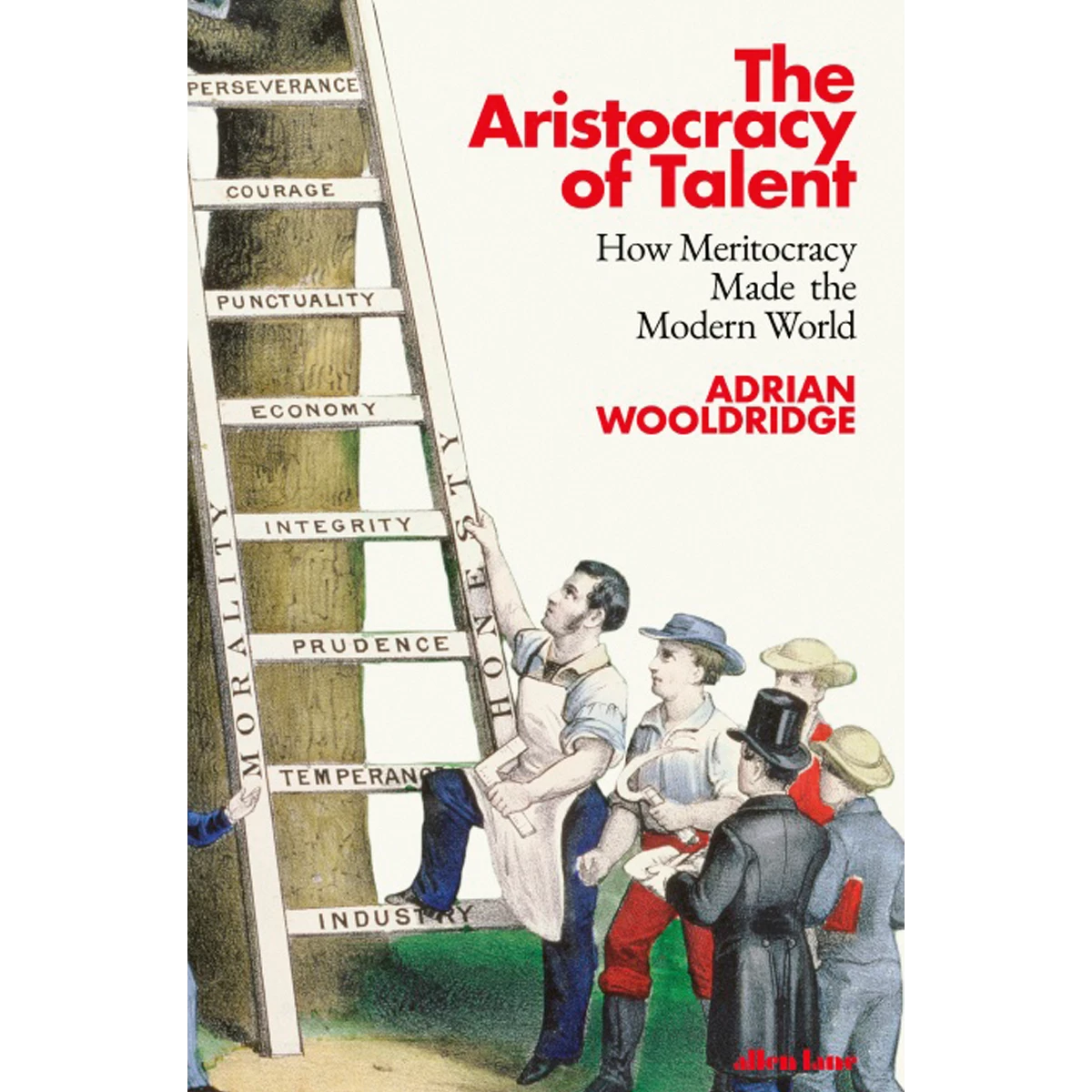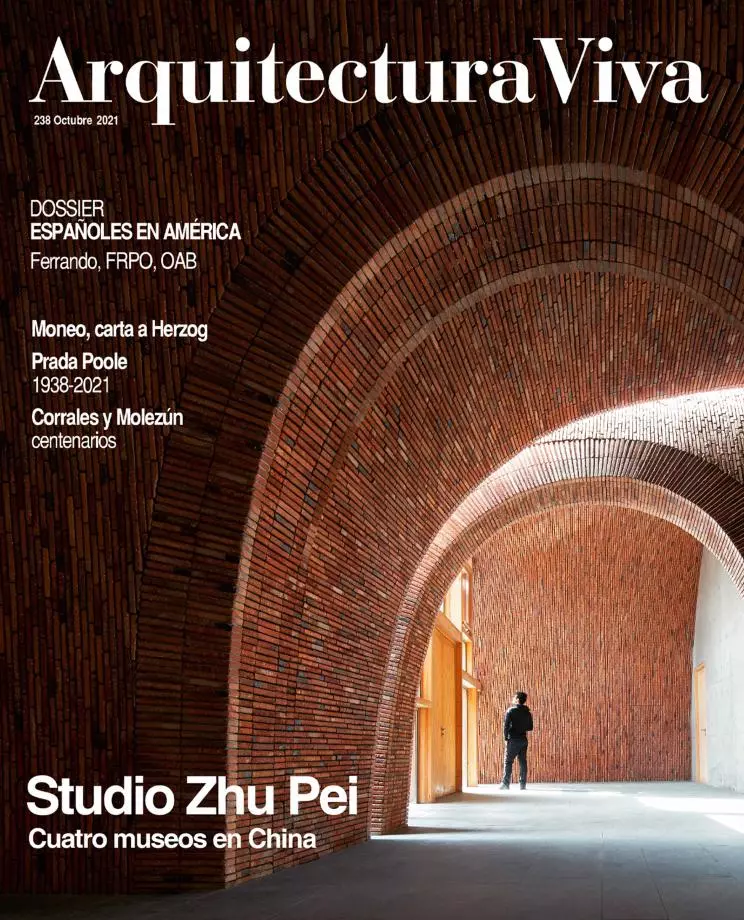
The term ‘meritocracy’ was coined in 1958 by the sociologist Michael Young in a book which already then presented the concept in a dark light, The Rise of Meritocracy, where he warned of the danger of creating a new caste based on education and talent. The debate has been stoked in recent times in two works by eminent professors, Daniel Markovits of Yale (The Meritocracy Trap, 2019) and Michael Sandel of Harvard (The Tyranny of Merit, 2020). The former argues that “merit is nothing more than a sham,” and denounces the hereditary handing-down of privilege through elitist education; and for the latter, meritocracy is toxic, divides society into winners and losers, generates hubris and resentment, and ought to be combatted through emphasis on the common good. Taking up arms in 2021 against this intellectual demolition of social mobility through training and hard work is Adrian Wooldridge with The Aristocracy of Talent, an eloquent defense of meritocracy, “the closest thing we have today to a universal ideology.”
Holder of a doctorate from Oxford and political editor of The Economist, Wooldridge tackles “the revolutionary idea of meritocracy,” inseparable from a modernity that questions the rigid social stratification of the Ancien Régime, where every post was associated with the position granted by birth. When many of the ideas that have molded western societies are in crisis – “Democracy is in retreat. Liberalism is struggling. Capitalism has lost its lustre.” – meritocracy is popular worldwide because it declares that one can get ahead in life as far as one’s talent allows, guarantees equal opportunities through education, forbids discrimination on the basis of race or gender, and avoids patronage and nepotism in awarding jobs. The transition from the aristocratic to the meritocratic ethic involves a veritable moral revolution, and this is the strongest argument in defense of merit, despite its evident link to prosperity. Socialists of the 19th century supported the idea as a vehicle to a better society, while conservatives saw it as a threat to the social order, but after World War II meritocracy gained unanimity in the West, challenged only in recent decades by censure coming from the radical Left, which says it has become a plutocracy, and from the populist Right, which rejects the cavalier cosmopolitanism of ‘cognitive elites.’
Aristocracy of talent is indeed an oxymoron, and Wooldridge knows that meritocracy today is in the repair shop, because it has become hereditary and the social ladder is broken. He proposes to regenerate it by giving a renewed moral dimension to the education of elites and raising the status of vocational training, thus curbing the arrogant egoism of the former and the irate rancor of the latter. He accepts the sociological criticisms of Markovits and Sandel, but also polemicizes with John Rawls when the philosopher deems it unfair to reward those lucky to be born more gifted, as “even young Mozart had to practice.” It is this ethic of effort that he sees has taken root in Asia, and especially in China, true to its Confucian tradition, which has extended meritocracy from education to politics. And though he dislikes the authoritarian modernity of the Asian superpower, he is concerned about the rise of referenda in the West, where far-reaching decisions are made with scant majorities and without informed debate. In view of China’s push for global leadership, he believes that the West can only compete by mellowing democracy with the knowledge of experts, and regenerating a truly liberal meritocracy that wards out the danger detected by Young six decades ago.






